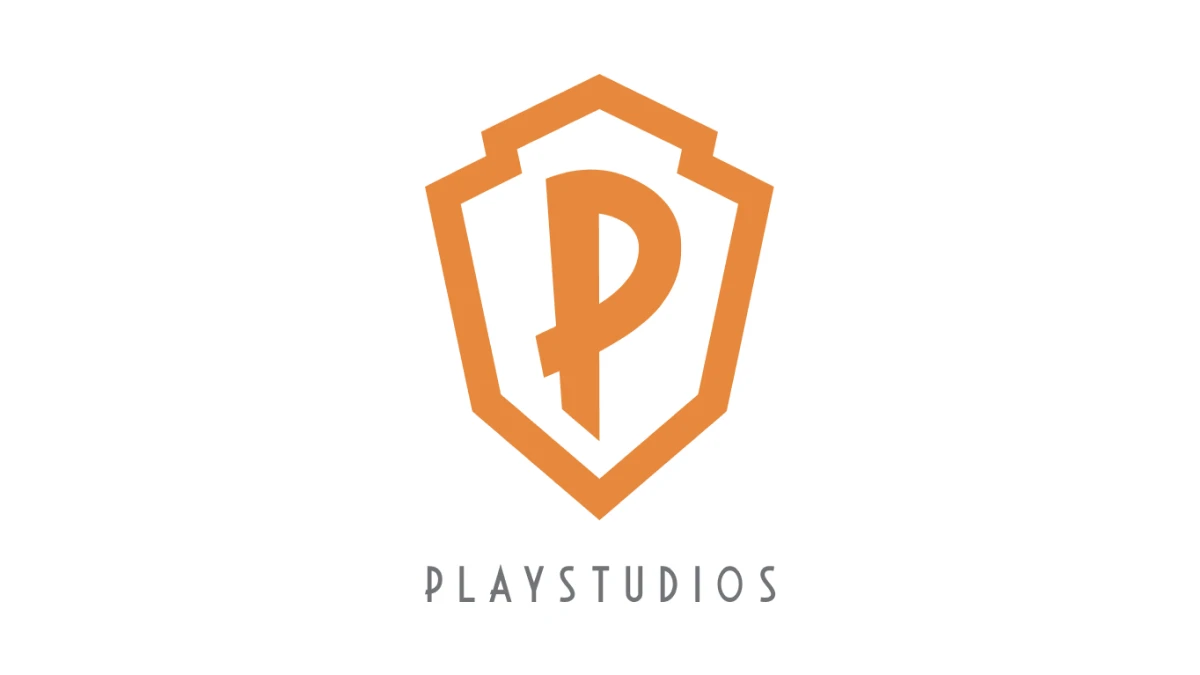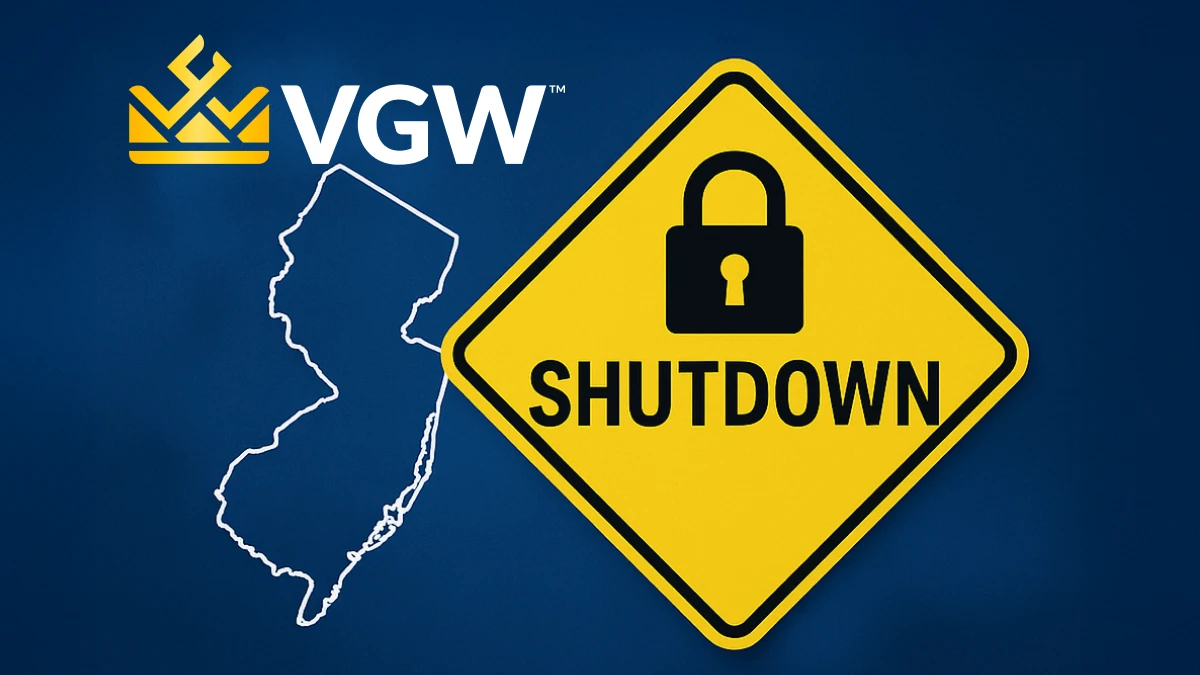Sweepstakes Advocates Push Back on California Ban Proposal

1.0
Default
Sweepstakes advocacy groups like the Social and Promotional Games Association and the Social Gaming Leadership Alliance have urged lawmakers in California to reconsider the proposed ban on sweepstakes casinos in the state. Under the proposed bill, AB 831, sweeps operators will no longer be able to operate in California, and the groups say that the legislation could push players to black market platforms that offer no consumer protections instead.
A legislative effort to ban sweepstakes casinos in California is drawing sharp opposition from major industry groups, who argue the bill threatens legal digital games and favors powerful interests at the expense of consumers.
Assembly Bill 831, introduced by Assemblymember Avelino Valencia, seeks to outlaw sweepstakes casino operators in the Golden State. The move has triggered a coordinated pushback from both the Social and Promotional Games Association and the Social Gaming Leadership Alliance, who accuse lawmakers of rushing the legislation through without proper input or analysis.
Industry calls legislation unfair and misguided
Sweepstakes operator VGW, known for running Chumba Casino and other platforms, helped form the SGLA to represent the interests of the social gaming industry across the United States. The group is led by former Congressman Jeff Duncan, who criticized the bill for lacking transparency and threatening consumer choice.
"Many Californians play online games, but this rushed proposal, which subverts proper process, would abruptly cut them off from popular, free-to-play entertainment they love," said Duncan in a statement. "It was written by those involved in the gambling industry and introduced without providing the online social gaming industry any meaningful opportunity to engage."
Duncan added that AB 831 could have broader implications for mainstream promotional sweepstakes, such as Reader's Digest contests as well as McDonald's Monopoly games. He also warned that banning legal sweepstakes platforms could inadvertently push consumers toward unregulated offshore alternatives, which offer no consumer protections.
SPGA criticizes 'backroom ban'
The Social and Promotional Games Association echoed SGLA's concerns, denouncing AB 831 as a 'backroom ban' inserted into unrelated legislation involving tribal gambling. A spokesperson for the SPGA said the move bypassed normal legislative scrutiny, including public debate and expert input.
"This isn't how sound policy gets made," the SPGA said. "A last-minute effort to outlaw legal digital games, without public debate, expert input, or economic analysis, sends a chilling message to entrepreneurs, innovators, and investors across the state." The group also emphasized the bill's potential impact on large corporations that run promotional sweepstakes programs, including Microsoft, Marriott, and Starbucks.
"California voters didn't sign on for backroom deals dictated by powerful political interests," the SPGA added. "With the state facing wildfires, a housing crisis, and a full federal assault on Californians' rights, it's astounding that any lawmaker would make banning mobile games a priority."
Tribal governments support ban
Despite opposition from the social gaming sector, the proposed ban enjoys strong support from tribal governments and organizations. The California Nations Indian Gaming Association has endorsed AB 831, citing the need to protect the state's voter-approved framework that gives tribes exclusive rights to operate gambling operations. "We support this legislation that will close dangerous loopholes and strengthen the integrity of California's gaming system," said Johnny Hernandez, Jr., vice chairperson of the Yuhaaviatam Tribal Council of San Manuel.
The San Manuel Band of Mission Indians is one of the most prominent tribal gaming operators in California, contributing to the $25 billion tribal gambling industry that supports over 112,000 jobs in the state. "Together, Tribal governments and the State of California will continue to address and take decisive action against illegal internet gaming in all its forms," Hernandez added.
Possible conflict of interest?
The SPGA pointed out that San Manuel's Yaamava Resort & Casino currently operates its own social online casino, raising questions about potential conflicts of interest. Critics of AB 831 argue that such tribal operators want to eliminate perceived competition in the social gaming space while maintaining their own digital footholds.
The California legislative session runs through September 12, though bills can carry over to the 2026 session. Both sides are expected to ramp up lobbying efforts in the coming months as the debate over the future of sweepstakes casinos in California intensifies.



















